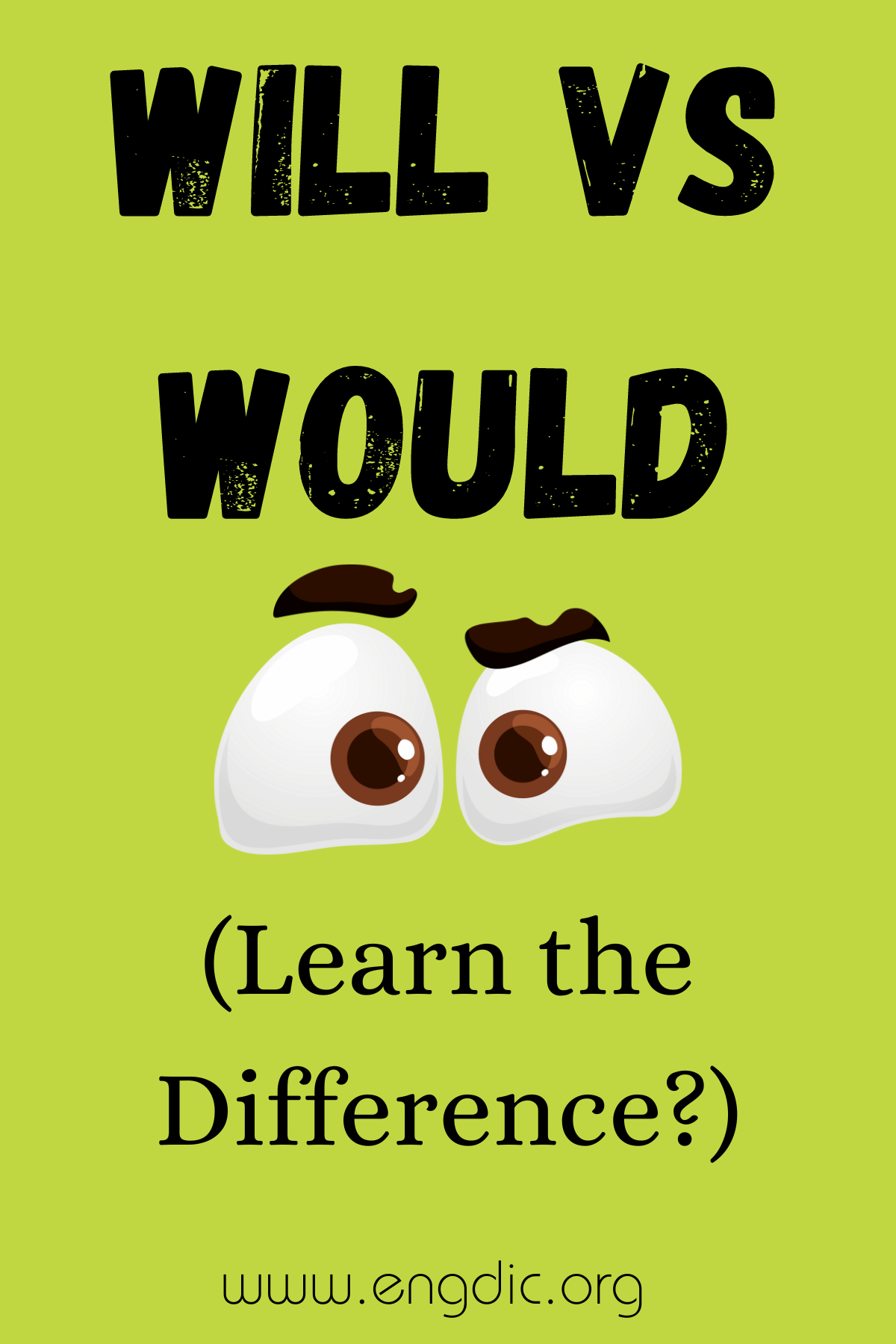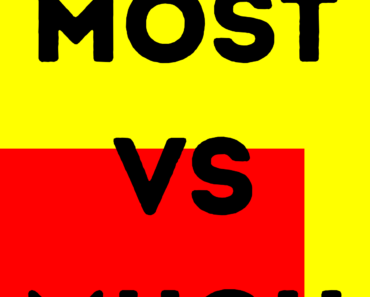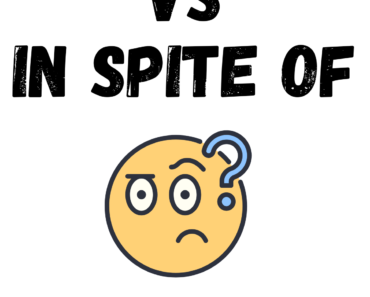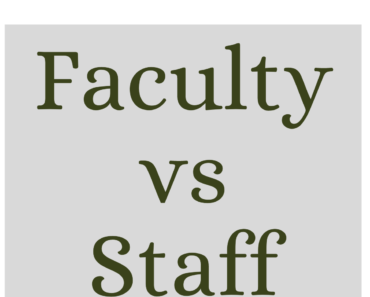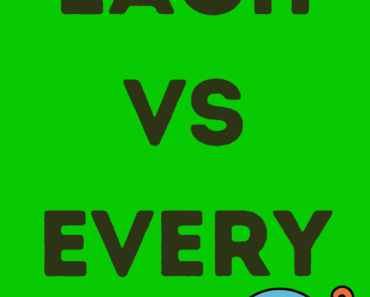Understanding the difference between “will” and “would” can significantly improve your mastery of English modal verbs. Both words express future intent or possibility, but they are used in different contexts. “Will” is used to express decisions, promises, or actions in the future that are certain. “Would,” on the other hand, is typically used to express hypothetical situations, politeness, or as the past form of “will.”
Definition of Will
Will is a modal verb used to indicate future actions or occurrences that are expected to take place. It expresses certainty, intention, or volition.
Usage of Will
- Future Intentions: It is used to state what someone intends to do in the future.
- Example: I will travel to Japan next year.
- Promises: It often indicates a promise or a voluntary action.
- Example: I will always love you.
- Commands: Sometimes, it’s used to give commands.
- Example: You will listen to your teacher.
Definition of Would
Would is a modal verb used to talk about hypothetical situations, politeness, and as the past tense form of “will.” It indicates something that might have happened in the past or in hypothetical future situations.
Usage of Would
- Conditional Mood: It’s used for actions that might happen under certain conditions.
- Example: I would travel more if I had more time.
- Politeness: Often, it softens requests or offers.
- Example: Would you like some coffee?
- Past Habits: It describes habits or repeated actions in the past.
- Example: When I was a child, I would play outside every day.
